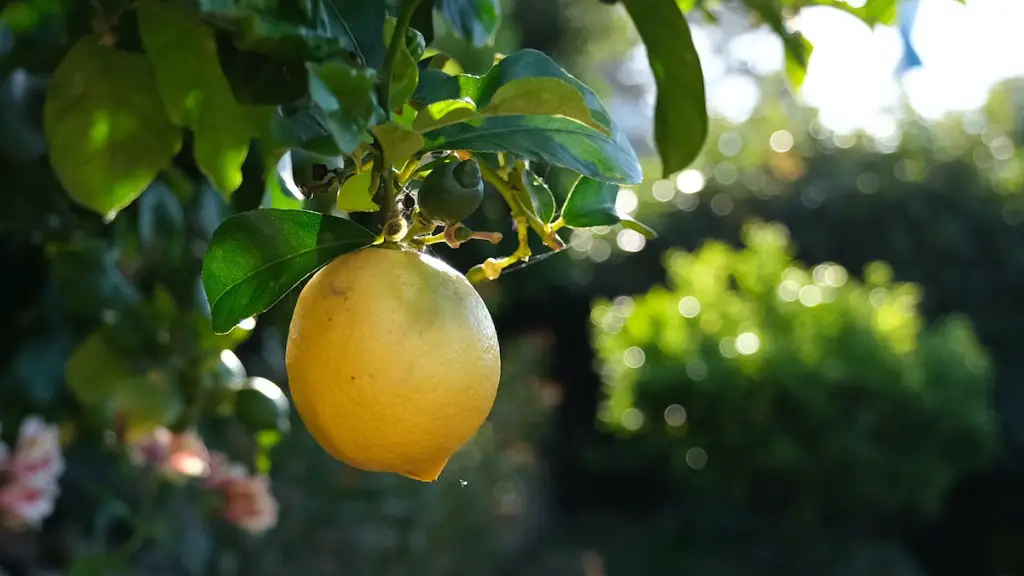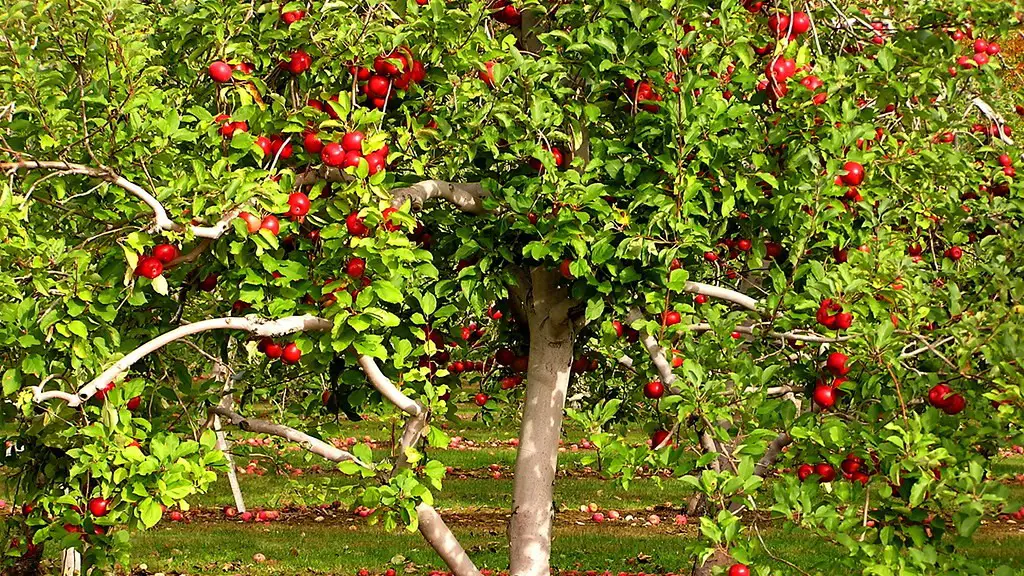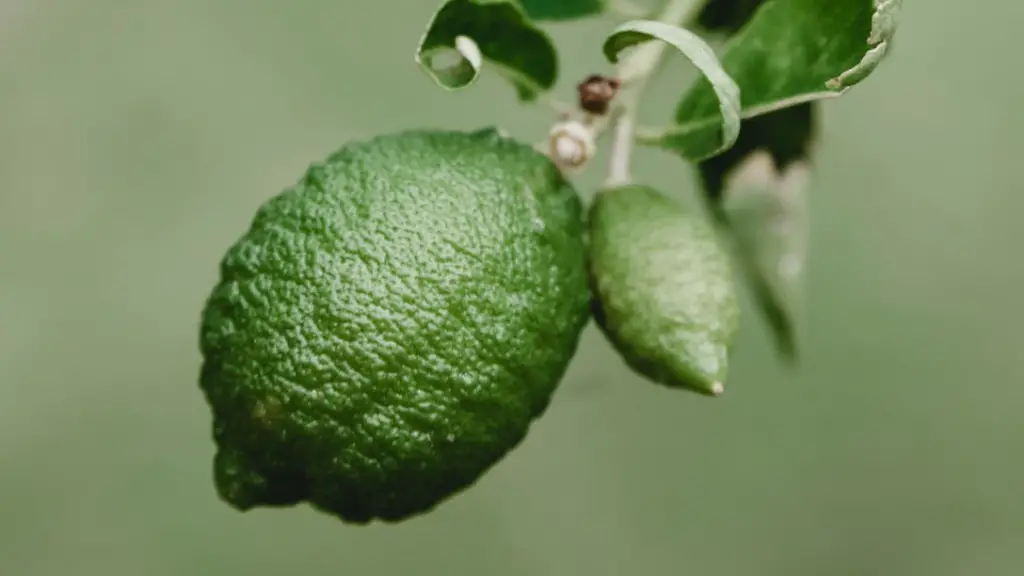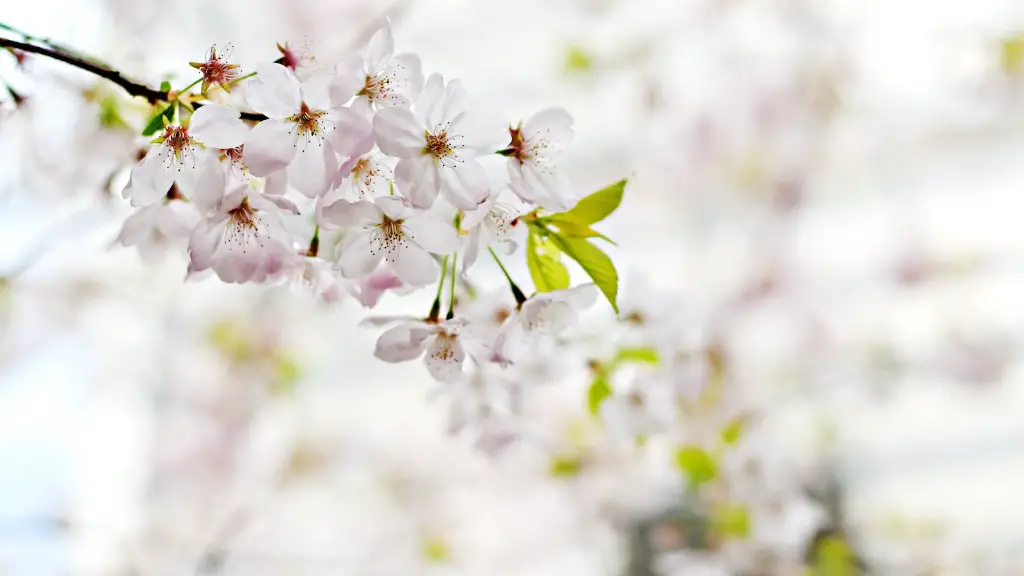When looking to purchase a lemon tree, many individuals will want to consider several important factors. Firstly, how much it will cost to buy. Secondly, how much effort is required for maintenance and care. Thirdly, the size and variety of the tree. Fourthly, where the tree should be purchased. Fifthly, how long the tree will take to produce lemons. Finally, whether it is a suitable choice given the individual’s climate.
Cost
For those looking to buy a lemon tree, the primary factor to consider is cost. Generally, a lemon tree costs anywhere from $25 to $50. Depending on the type of tree, the size of the pot and the retailer, the cost can vary significantly. When selecting a tree, it’s important to purchase one from a reliable and reputable retailer. Additionally, take into consideration the cost of any additional supplies, such as soil, potting mix, fertilizer and pruning tools, which will be necessary for maintaining the tree.
Apart from the tree and its accessories, individuals looking to purchase a lemon tree should factor in the costs associated with ongoing maintenance. That includes watering, fertilizing, pruning, trimming, and monitoring the tree’s health. In order to get the most out of their lemon tree, owners should expect to spend a few hours each week tending to the tree.
Size and Variety
The size and variety of the lemon tree are also important factors to consider before making a purchase. There are dwarf trees that are ideal for growing indoors, as well as larger varieties that can thrive indoors if given the right care. Additionally, there are many different varieties of lemon trees available, each with its own set of characteristics. When selecting a tree, individuals should take into account their own environment, as certain varieties may not thrive as well in certain climates.
Determining the space available for the tree is also important. If the tree will be kept indoors, it should be placed in a bright and sunny location, preferably near a south-facing window. If it will be kept outdoors, it should be placed in an area with good drainage, adequate sunlight and protection from strong winds.
When selecting a tree, it’s important to read the label thoroughly and ask questions. With the right care and attention, a lemon tree can live for up to 20 years and produce fruit for many of those years.
Where to Buy
The location where the lemon tree is purchased is also important. Many local nurseries and home improvement stores sell lemon trees, but they may not have a wide selection or the best prices. The internet can be a great option for finding quality lemon trees at competitive prices. It’s also possible to join a lemon tree growing club or purchase a tree from a neighbor who already has a lemon tree.
When selecting a store, it’s important to confirm that the store is reputable and has a good return policy. It’s also important to inspect the tree before making a purchase. Make sure there are no signs of insect infestation, disease, poor soil or poor drainage. Additionally, ask questions about the type of tree, how long it will take to produce fruit, and the specifics of any warranties that come with the purchase.
Production Times
Once a lemon tree has been purchased, most varieties will take up to two years to produce lemons. Certain varieties, such as dwarf trees, may take longer. The size of the tree, the type of soil, the amount of sun and water, and the overall health of the tree can all affect the production times. Patience and care are essential when growing a lemon tree.
Once the tree has matured and begins producing fruit, it’s important to harvest the lemons regularly. Lemons will stay on the tree until they become overripe and should be picked as soon as they reach the desired size and taste. Additionally, fertilizing and pruning can help encourage a larger harvest.
Climate Considerations
When purchasing a lemon tree, individuals should take into consideration the climate in which they live. Lemon trees are more likely to thrive in warmer climates and may not be viable options for those in areas with cold and wet climates. Additionally, not all lemon trees are tolerant of frost and cold temperatures, so it’s important to select the appropriate variety for the climate.
When selecting a lemon tree, it can be easy to become overwhelmed. However, with a little research and patience, it’s possible to find the perfect tree that will thrive in the purchaser’s environment, bring joy and produce plenty of lemons.



